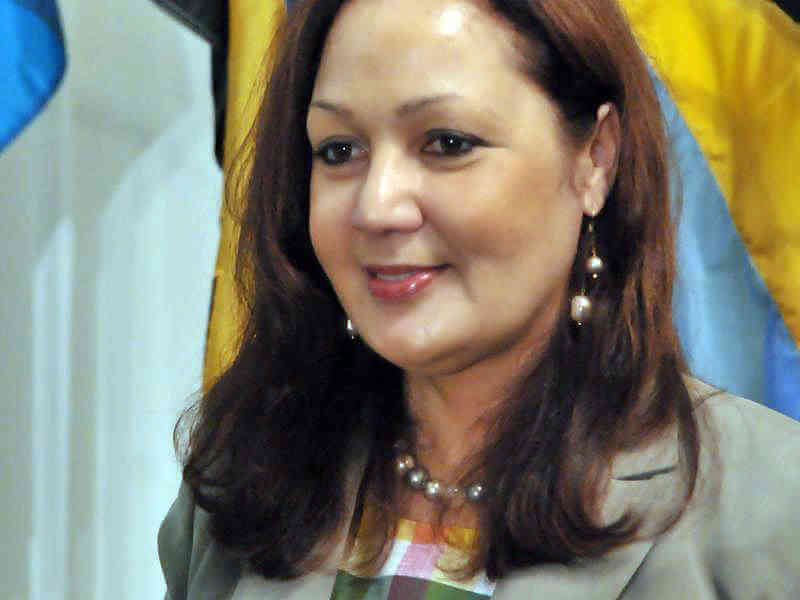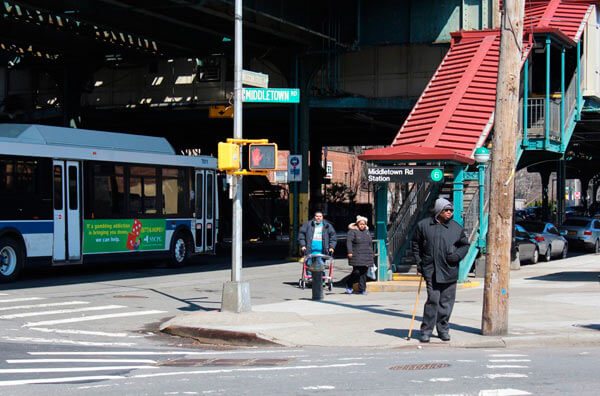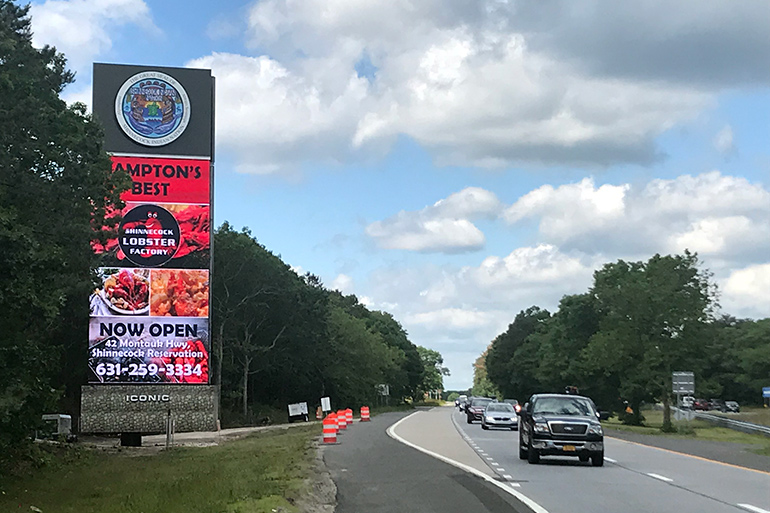If there was ever any doubt that governments in the 15-nation Caribbean Community will be under severe pressure to decriminalize infinitesimal marijuana use and allow for the growth of a medical pot industry they only need to pay attention to what is happening across the region.
For the first time since leaders about five years ago decided that there should be a region-wide look at the entire marijuana issue, civil society groups, the private sector, academics, the church and others have begun signing on to the clamor for authorities to act quickly to cease filling jailhouse with youth imbibing small amounts, arranging pardons of those convicted over the decades and to regulate the personal and medicinal usage sector.
In the past week, even the extremely conservative University of Guyana which normally lags behind its West Indies colleague campuses in liberal academic thinking astonishingly played host to a “Guyana and Marijuana” forum in Georgetown involving UWI Professor Rose-Marie Belle Antoine, bringing home the issues to a Guyanese political administration which many think has been too cautious in its approach to the marijuana issue.
Professor Antoine had chaired the regional marijuana commission that governments had established to look at the issue.
She was headed to Guyana for the mid-week session straight from speaking at a rally in nearby Trinidad where she basically argued that time is running out for conservative political and social thought on marijuana.
“The vast majority of the people with whom we have spoken to want law reform,” said the highly respected academic whose commission report had made its way to the plate of last July’s main summit in Jamaica where it was discussed in full. One key result from the heads of government deliberation was that weed, pot, cannabis or whatever name it goes by should be treated no different to alcohol and tobacco, giving both reluctant and progressive governments an out to change their thinking and legislation to match modern times.
“They want the law to change. There’s overwhelming support. What is clear is to move away from the prohibition and certainly to move away from criminalization. The analysis of comprehensive information gathered indicates that the current legal regime for cannabis or marijuana is characterized as it is by prohibition and draconian penalties, is ineffective, incongruous, obsolete and deeply unjust.”
All this comes in the wake of a series of planned or recently held marches in several countries in the regional bloc in recent weeks with the latest scheduled for Guyana on Thursday, Oct. 18 and coming days after the one which Professor Antoine addressed in Port of Spain, Trinidad last weekend.
She said that the status quo cannot be maintained and that legal reform throughout the community should now become a priority in CARICOM.
And just as was the case in Guyana at a marijuana march and rally earlier this year, participants smoked weed openly, but police officers were smart and tolerant enough not to intervene or make arrests, preferring to ensure law and order was maintained instead.
Critics say activists are clearly being empowered by events both near, particularly by the fact that Jamaica has just sent its first shipment of marijuana oil to Canada less than a month before Canada legalizes marijuana.
Additionally, polling done in the wake of the July Caricom summit has indicated that 61 percent of Grenadians, 62 percent of Antiguans and a similar percentage of Barbadians are for decriminalization the professor said.
“In Jamaica where they have changed the law (to allow for up to 2 ounces), it is now in the 90s of those who approve of the law reform so it means that it is working well.”
So far, Jamaica, Belize and Antigua have changed laws to specify how many ounces a person could have in their possession legally and Antigua has even gone further to allow each household to plant no more than four plans for personal, religious and medical uses. A number of other countries are contemplating similar legislation including St. Vincent, while authorities in others have simply turned a blind eye to usage and possession of small amounts by citizens.




















